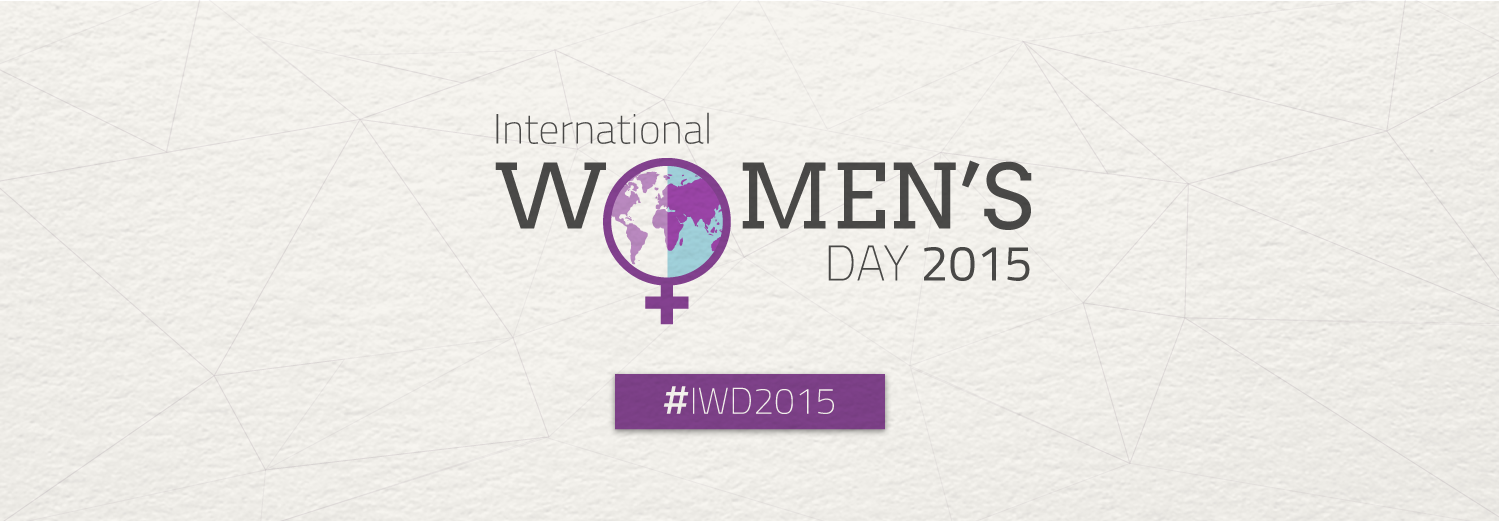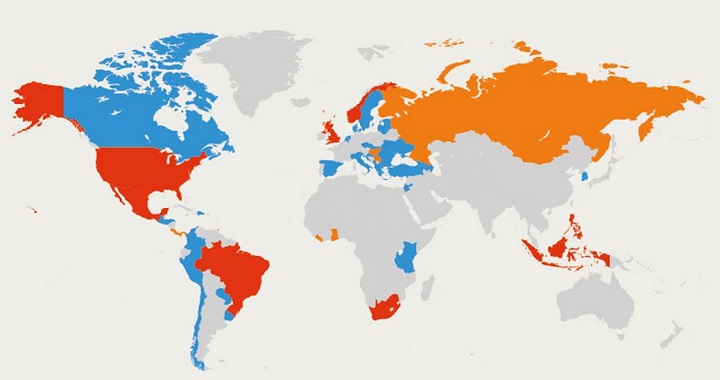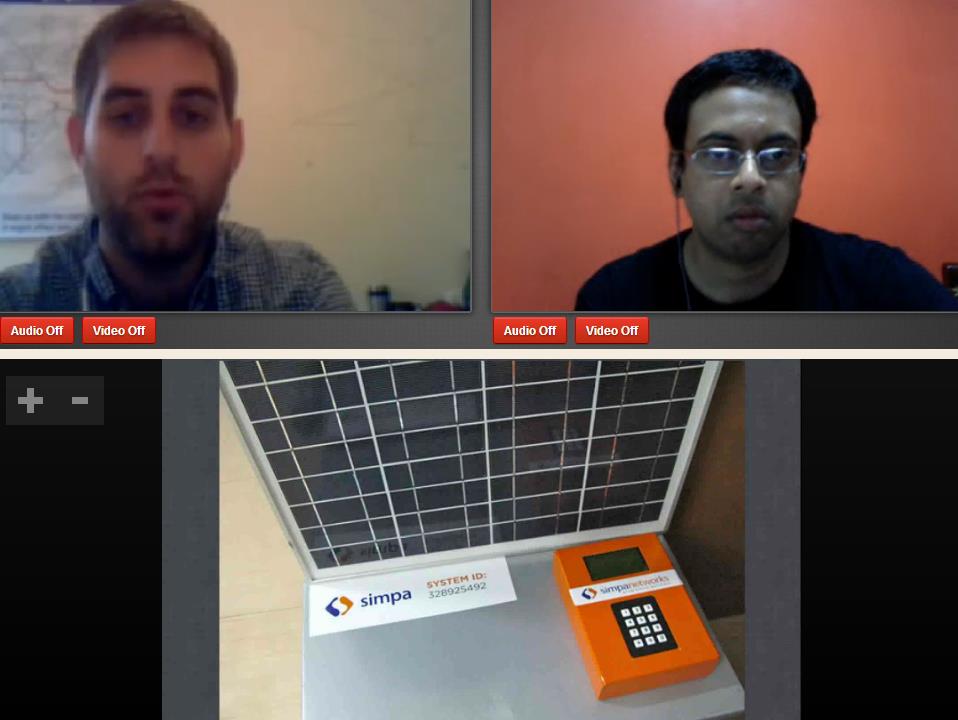A couple weeks ago, Nick Kristof published a New York Times article titled DIY Foreign-Aid Revolution and Dave Algoso wrote an excellent critique just a few days later in Foreign Policy. Because this is the internet and two weeks makes it venerable news, I thought about letting it slide by, but it’s been bugging me increasingly since then. This is partly because I have worked both at a small 3 person NGO with a great idea and not much else, as well as a large USAID contractor with hundreds of staff members and millions of dollars in projects, and I still cannot decide which is “better.” But it’s also because I think ICT for development has a unique spot between these worlds, and I think it’s going to change the conversation in years to come.
For wont of space, I won’t summarize either article, but highly encourage reading both of them. They’re both well written, as you’d expect from either institution/ author. Each of Kristof’s cases of social change by an enterprising individual is honestly heartwarming and makes for great reading – inspirational and effective. But is it the future of aid? Maybe not, but in ICT, it already kind of is.
Kristof admits that there is an obvious problem of scalability, but Algoso goes further in his criticism. The DIY model makes development look simple, and anyone who works in the field knows this isn’t so. People operating unilaterally bring up issues of sustainability and don’t always have the cultural context necessary to effect real change (the 1,000,000 shirts debacle being a good example). And by and large, I’ll just say that I agree with Algoso to a large degree, glossing over the tremendous esteem I hold for social entrepreneurs and the organizations like Ashoka that support them. But I think there is a case to be made for DIY aid, especially in ICT sectors.
Why is ICT different? Scale is the first thing that comes to mind. The fact that software is just a chunk of bits means that you can produce a tool in one part of the world, and put it into action 6000 miles away a couple hours later. It’s the epitome of globalization, in a good way. Silicon Valley, the source of the majority of mainstream technical innovation, is largely a story of individuals who made waves around the world with a handful of really excellent ideas put into action. Likewise in ICT4D, you have many individuals whose tools have made a huge diffence – Ushahidi and FrontlineSMS are the first to come to mind, but they are two of many dozens. The point is this: “traditional” development areas like education or agricultural export markets require a tremendous multi-party effort and are hard, slow battles for change; a single piece of open source software can be replicated around the world in a matter of weeks or months, to great effect and a lot of good.
Ok fine, it’s still not that easy – anyone who has rolled out a software or hardware solution to an issue will tell you that ICT is just a tool and is only 1% of the work. The other 99% is customizing, training, troubleshooting, coordinating, and otherwise getting into the weeds. So yes, someone has a lot more work to do. But choosing who this is solves another one of the major issues of development – localization and community input. Once a tool has been built, local folks have the ability to tweak things, make sure it is the right tool and roll things out themselves. At the risk of relying on the same examples, FrontlineSMS has been adapted to dozens of situations in as many places globally, from government outreach programs to mobile health reporting. Ushahidi has been set up to track oil spills in the Gulf of Mexico, track elections around the world, rescue earthquake survivors in Haiti and a plethora of other things. By and large, this is done by local folks who see a framework that can help them solve a problem.
I am, by and large, a supporter of development “professionals” who have dedicated their lives to improving the lives of others around the world and invested in the education and experience to get that done (full disclosure: my day job depends on me supporting this). But I think there is a lot to be said for the DIYers out there who throw themselves wholly at one problem in one place and find a solution. And for those with a technological bent, sometimes that solution goes global.
Bonus: I just saw that Ken Banks wrote up a short, somewhat related post on the traditional model of social entrepreneurship and ICT. Worth reading!



